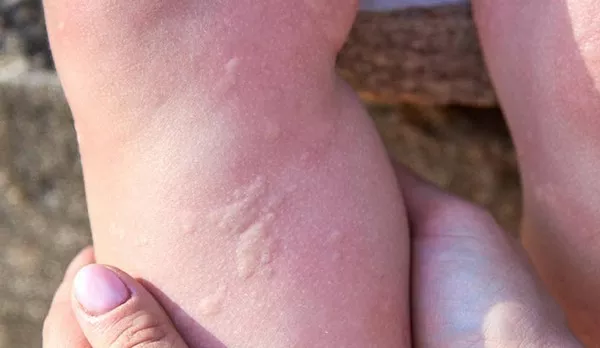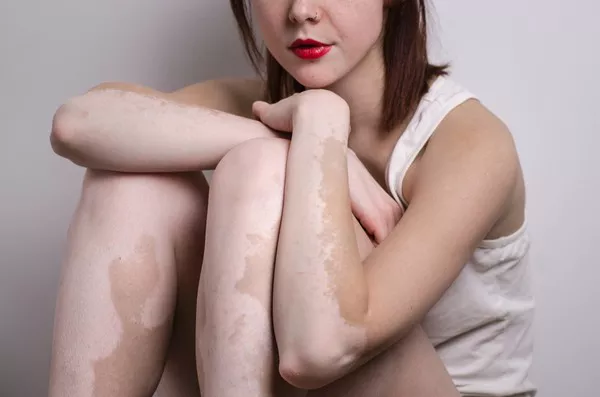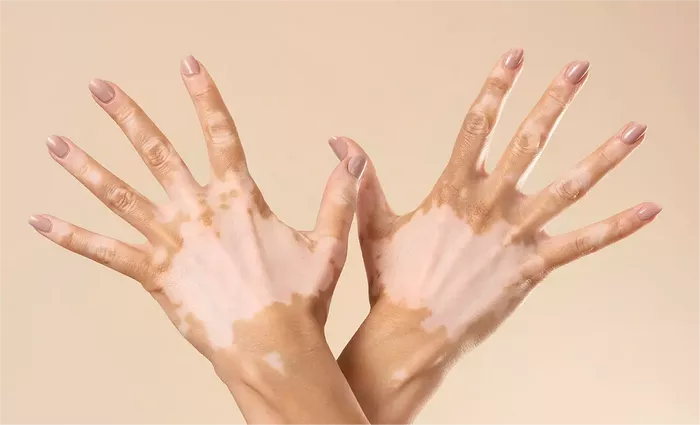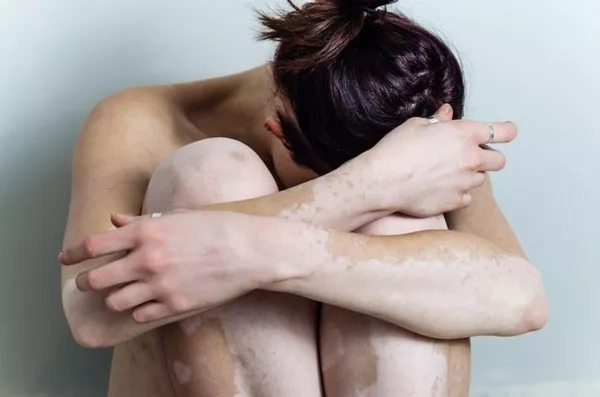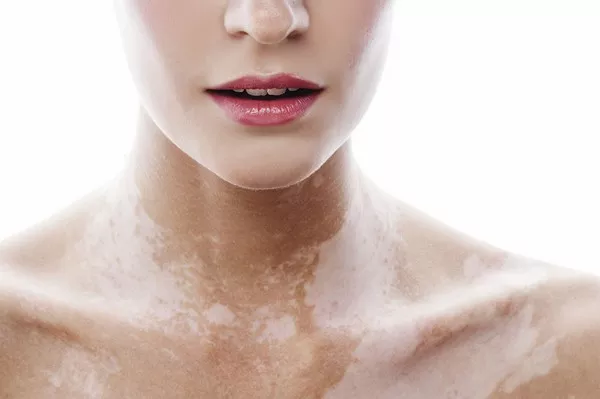Urticaria, commonly known as hives, is a skin condition characterized by red, itchy welts or bumps that appear suddenly and can vary in size and shape. These welts can be triggered by various factors, including allergic reactions to food, medication, insect bites, or environmental factors such as heat or cold. Symptoms of urticaria typically include itching, swelling, and a burning or stinging sensation.
Urticaria can be classified into two main types: acute and chronic. Acute urticaria usually lasts for a few hours to a few days and is often triggered by specific allergens or environmental factors. Chronic urticaria, on the other hand, persists for six weeks or longer and can be more challenging to treat. It may be associated with underlying health conditions such as autoimmune disorders or chronic infections.
Conventional treatments for urticaria typically involve antihistamines to alleviate symptoms such as itching and swelling. In severe cases, corticosteroids may be prescribed to reduce inflammation. However, these medications may come with side effects such as drowsiness, dizziness, and long-term use can lead to dependency or other health issues.
Homeopathy and Urticaria:
Homeopathy is a holistic system of medicine that aims to stimulate the body’s innate healing mechanisms to restore balance and promote overall well-being. Founded on the principle of “like cures like,” homeopathy uses highly diluted substances to trigger the body’s natural response to heal itself.
The fundamental principles of homeopathy include individualization of treatment, the minimum dose, and the concept of vital force or life energy. Homeopathic remedies are selected based on the individual’s specific symptoms, overall health, and constitutional type, rather than solely targeting the disease itself.
When it comes to urticaria, homeopathy offers a unique approach by addressing the underlying causes of the condition and strengthening the body’s immune system. By considering the person as a whole, rather than just focusing on the skin symptoms, homeopathy aims to provide long-lasting relief and prevent recurrence of hives.
Homeopathic Treatment for Urticaria:
Homeopathic treatment for urticaria is highly individualized and tailored to each person’s unique symptoms and constitution. Remedies are selected based on a detailed assessment of the individual’s physical, emotional, and mental state, as well as the specific characteristics of their hives.
Common homeopathic remedies used for urticaria include Apis mellifica, which is derived from the honeybee and is often prescribed for hives with burning, stinging pain and swelling; Urtica urens, made from the stinging nettle plant, which is indicated for hives with intense itching and burning sensations; and Rhus toxicodendron, derived from poison ivy, which may be recommended for hives that worsen with cold air or after exposure to dampness.
It is important to note that homeopathic treatment should always be conducted under the supervision of a qualified homeopath. Self-prescribing remedies for urticaria may not address the underlying causes of the condition and could potentially exacerbate symptoms or lead to ineffective treatment.
Evidence and Limitations:
The efficacy of homeopathy in treating urticaria remains a topic of debate within the medical community. While some studies and anecdotal evidence suggest positive outcomes with homeopathic treatment, the scientific evidence is often inconclusive or conflicting.
Critics argue that the principles of homeopathy are not supported by modern scientific understanding and that any perceived benefits may be attributed to the placebo effect. Additionally, the highly individualized nature of homeopathic treatment makes it challenging to conduct large-scale clinical trials to evaluate its effectiveness systematically.
Despite these limitations, many individuals with urticaria have reported improvements in their symptoms and overall well-being with homeopathic treatment. It is essential for individuals considering homeopathy to weigh the available evidence, consult qualified practitioners, and make informed decisions about their healthcare.
Additional Tips:
In addition to homeopathic treatment, lifestyle and dietary changes may help manage urticaria symptoms. Avoiding known triggers such as certain foods, medications, or environmental factors can reduce the frequency and severity of hives outbreaks. Stress management techniques, such as mindfulness meditation or yoga, may also help alleviate symptoms by promoting relaxation and reducing anxiety.
Complementary therapies such as acupuncture, herbal medicine, or naturopathy may be used alongside homeopathy to provide additional support for individuals with urticaria. These therapies focus on addressing the underlying imbalances in the body and promoting overall health and well-being.
When seeking homeopathic treatment for urticaria, it is important to find a qualified practitioner who is trained in homeopathy and experienced in treating skin conditions. Resources such as professional associations, directories, or referrals from healthcare providers can help individuals find reputable homeopathic practitioners in their area.
Conclusion
In conclusion, while there is ongoing debate about the effectiveness of homeopathy in treating urticaria, many individuals have experienced positive outcomes with this holistic approach. By addressing the underlying causes of the condition and supporting the body’s natural healing processes, homeopathy offers a gentle and individualized treatment option for managing hives and promoting overall health and well-being.

